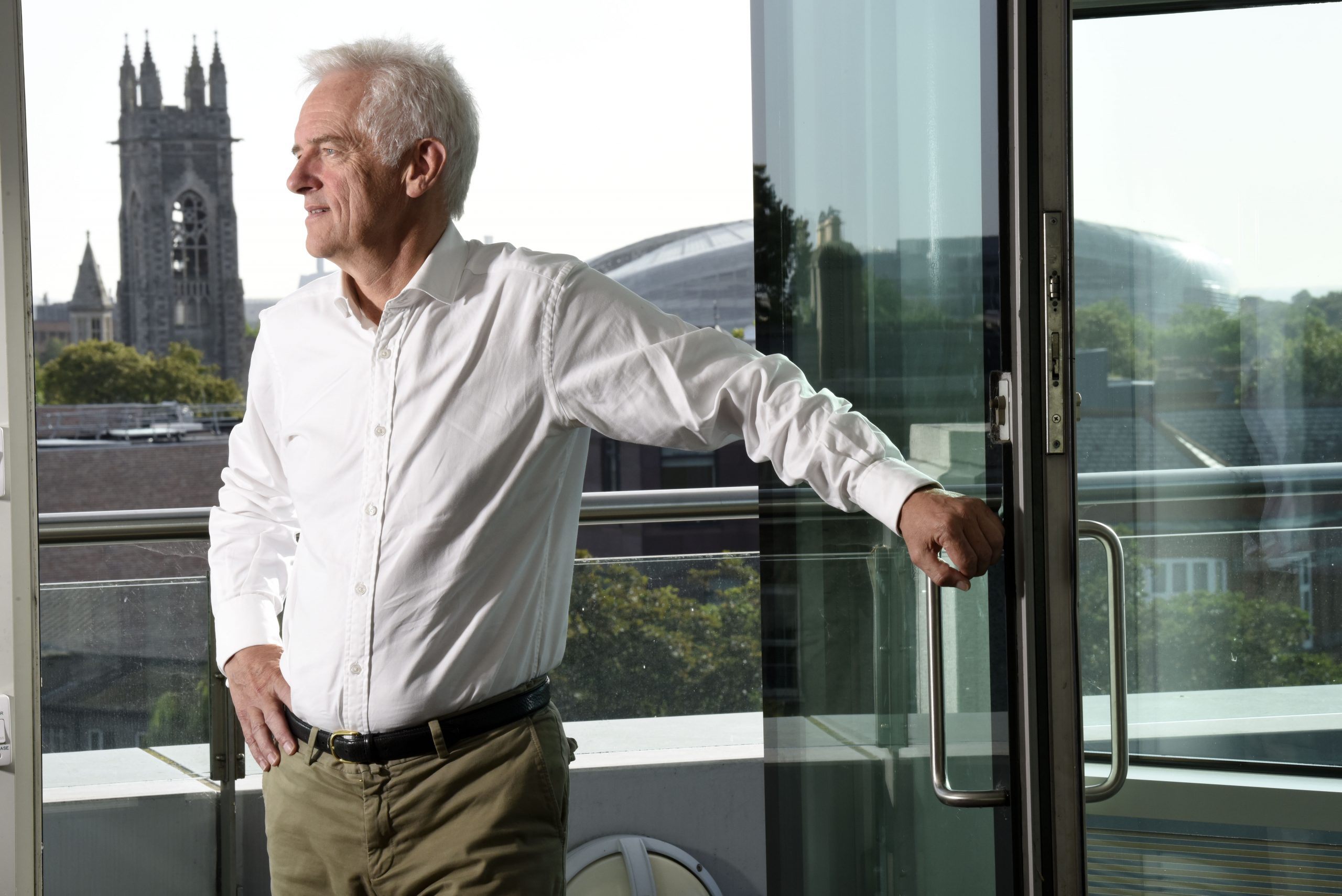His career has spanned everything from commercial trade disputes involving bananas to helping Ryanair secure injunctions. And, Philp Lee has also built a major law firm from the ground up. In this major interview, Philip Lee, the lawyer behind the eponymous law firm explains: How he helped Fyffes stake a foothold in the Latin American banana market “AK47s on ships and bodyguards”: the risks to his personal safety in Honduras Banana wars: his central role in the world’s largest trade dispute Why Ireland has lost the plot in terms of compensation culture Why he decided to set up his own…
Cancel at any time. Are you already a member? Log in here.
Want to continue reading?
Introductory offer: Sign up today and pay €200 for an annual membership, a saving of €50.

